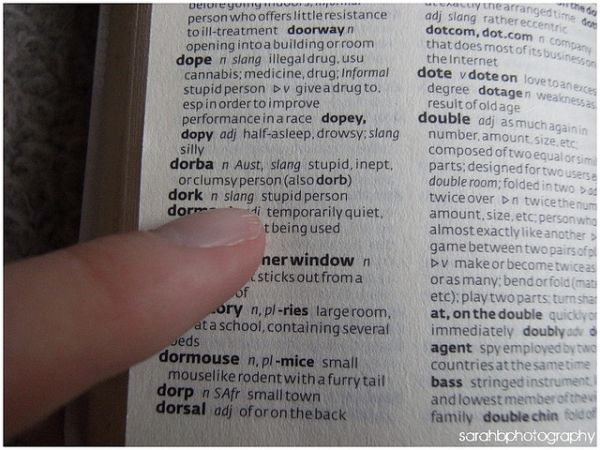Odds and Sods

To determine which words are most relevant today, editors comb through a variety of sources (Google Books, LexisNexis, other dictionaries, the entire Internet). A word that’s still widely read—a thee or a thou—should stay, even if it’s not used by contemporary English speakers. To survive in the Collegiate Dictionary, Stamper says, a defunct word must appear in books that the average high-school or college student is aware of. So an archaic word found in Shakespeare or Milton gets a reprieve, but one favored by Samuel Pepys or Anthony Trollope may not. [...]It would be tragic if a word as fine as snollygoster would be extinguished. I'll start using it.
As for those words now facing an unhappy fate—landlubberliness!—preservationist types should use them whenever possible. Take the case of snollygoster, a noun meaning “an unprincipled but shrewd person,” which was removed from Merriam-Webster’s Collegiate Dictionary in 2003. When news got around that it had been dropped, Stamper says, people took up its banner: “We have, oddly enough, seen more unironic and unself-conscious use of snollygoster in print in the last few years.” Principled or not, the ploy has been shrewd. Stamper says that if the word really takes off, Merriam-Webster will “certainly consider adding it back.” Perhaps it only takes a crowd of snollygosters to save a snollygoster.

No comments:
Post a Comment